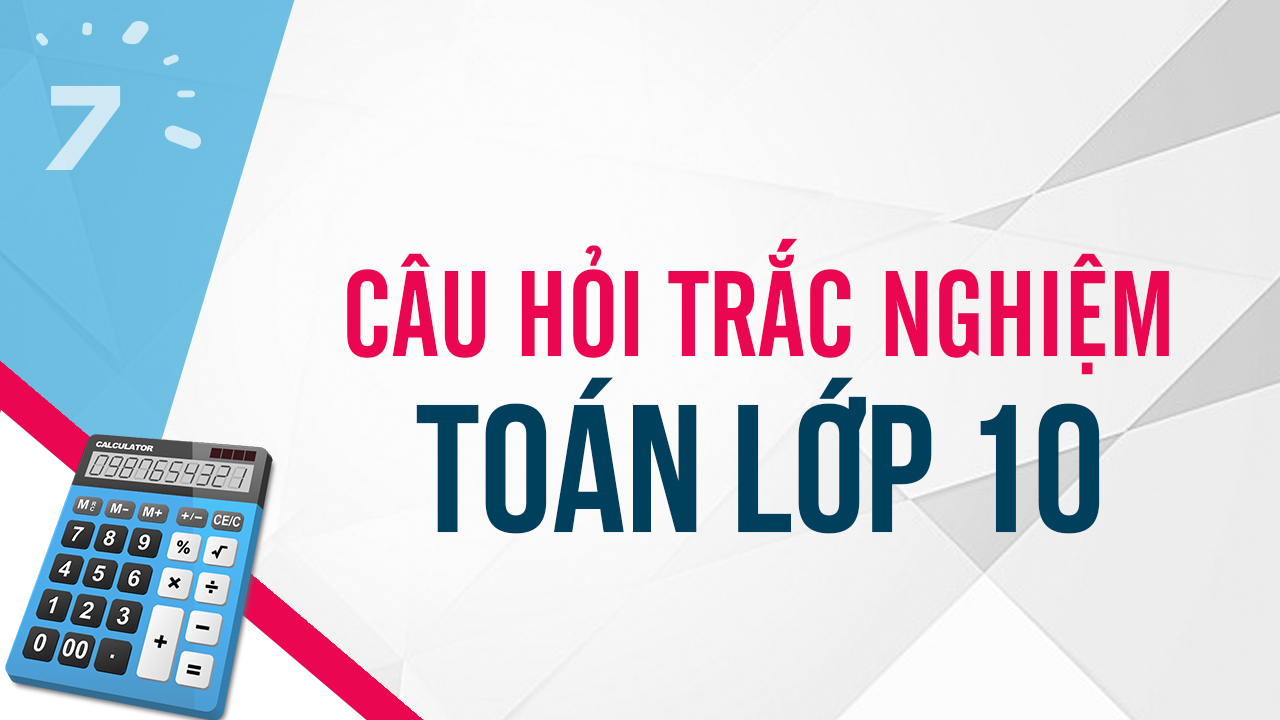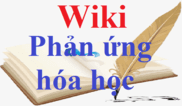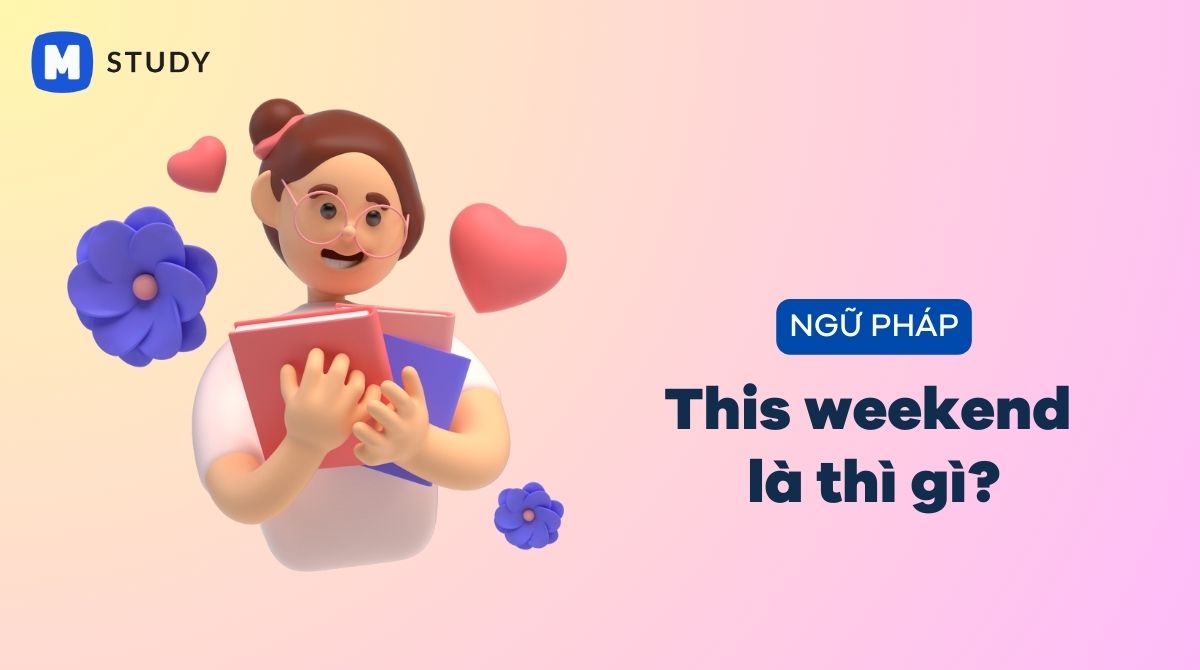Vietnam usually has a dozen storms every year from June through the end of November, and most of which occur in the Central and northern provinces. November 2n
A/ 1. F 2. F 3. T 4. F 5. T 6. T 7. F 8. T B/ 1. The typhoon season in Vietnam is from June through the end of November. 2. Extreme Southern Vietnam was struck by Typhoon Linda./ The extreme South of Vietnam was struck by Typhoon Linda. 3. The wind speed of Typhoon Linda was 100km/h when it hit Southern Vietnam. 4. About 200,000 homes were destroyed in Typhoon Linda. 5. After striking Vietnam, Typhoon Linda passed over Thailand, Myanmar, Indonesia, Malaysia and Cambodia. Twenty years have passed since the disaster.
The hospital was so big that i couldn't find my cousin's bed It was so... câu hỏi 6479429 - hoidap247.com
`answer:` It was such a big hospital that I couldn't find my cousin's bed
`-` S+ tobe+ so+ adj+that+....
`` It + tobe+ such+ (a/an)+adj+ S+that+....
`-` can `->` could +V-inf: có thể
1. “I’m tired of eating fish”, said Mary to Hellen -> Mary told Helen…………………………………..………………………… 2. “You must do your homework every day.”, said Miss Borne to us
1: Mary told Helen that she was tired of eating fish
2: Miss Borne told us that we must do our homework every day
3: Billy asked his teacher if they would read the story
4: Mary asked her boss if it was me you want to speak to
5: Martha asked her girlfriend where she was going for her holidays
6: She told her children not to go near the water
7 He said that he would be here again the next day
khi thủy phân este HCOOC(CH3)=CH2 bằng dung dịch NaOH ta được : A. 1 muối và 1 ancol B. 1 muối và 1 xeton C. 2 muối và nước D. 1 muối và 1 andehit
Đáp án: $B$
Giải thích các bước giải:
$HCOOC(CH_3)=CH_2+NaOH\xrightarrow{{t^o}} HCOONa+(CH_3)_2C=O$
Sản phẩm là natri fomat (muối), axeton (xeton)
31. People spend a lot of money on advertising ever day. => A lot of advertising everyday. 32. I haven’t eaten this kind of food befor
31. A lot of money is spent on advertising every day. ( bị động HTĐ is/am/are V3/ed)
32. This is the first time I have eaten this kind of food. (This is the first time + HTHT have/has V3/ed)
33. I'm interested in reading science books. (be interested in Ving : thích thú, quan tâm)
34. When did you start learning English? (start Ving : bắt đầu làm gì)
35. Mr. Brown speaks the same language as Mrs.Ken. (the same...as : giống)
36. We haven't been taught English by Mr.Binh since the last semester. (bị động HTHT have/has been V3/ed)
37. Peter has collected stamps for two years. (HTHT have/has V3/ed, for + khoảng time)
38. Mike is better at History than Susan. ( so sánh hơn của good -> better)
FeSO4 + KMnO4 + H2SO4 → Fe2(SO4)3 + K2SO4 + MnSO4+ H2O.
FeSO4 + KMnO4 + H2SO4 → Fe2(SO4)3 + K2SO4 + MnSO4+ H2O - Hướng dẫn cân bằng phản ứng hóa học của tất cả phương trình hóa học thường gặp giúp bạn học tốt môn Hóa.
công trình kiến trúc nào sau đây thuộc kiến trúc phật giáo điển hình A đền ăng co vát b kinh thành huế c thánh địa mỹ sơn d đền tháp bô rô bu đua
`@` Đáp án `D`
`->` Đền tháp Borobudur là một công trình kiến trúc Phật giáo đáng chú ý tại Indonesia, được xây dựng vào đầu thế kỉ thứ `9`. Nó có kiến trúc hình cầu và được xây dựng bằng đá, với tổng cộng hơn `2` triệu viên đá lót chặt chẽ với nhau. Công trình này có nghĩa trang và đặc biệt nổi tiếng với những tấm bức tranh tường tuyệt đẹp, miêu tả các câu chuyện liên quan đến đức Phật...
This weekend là thì gì? Dấu hiệu nhận biết & cách dùng chuẩn - Study Moore
Tìm hiểu this weekend là thì gì trong tiếng Anh? Cách dùng thì hiện tại tiếp diễn hay thì tương lai đơn cho các hành động sẽ xảy ra vào cuối tuần?
..CuO có td với H2O ko câu hỏi 702290 - hoidap247.com
Đáp án:
CuO không tác dụng với H2O. Chỉ một số oxit bazo tác dụng với nước thôi: CaO; BaO...
18.If you arrive at the office earlier than I do, please turn on the air-conditioner. => Should... 19. The children don't go to school in the snowy weather
=>18. Should you arrive at the office earlier than I do, please turn on the air-conditioner.19. If it weren't snowy, the children would go to school.20. Had he not died so young, he would be a fmous musician by now.21. Unless you tell me the whole truth, I won't help you.22. Were you to take good care of the car, it wouldn't break down so often.Câu đk loại 1 : If S Vs/es, S will (not) VCâu đk loại 2 : If S V2/ed, S would (not) VCâu đk loại 3 : If S had (not) V3/ed, S would (not) have V3/edĐảo ngữ đk loại 1 : Should S V, S will (not) VĐảo ngữ đk loại 2 với động từ thường : Were S to V, S would (not) VĐảo ngữ đk loại 3 : Had S V3/ed, S would have V3/edCâu đk hỗn hợp : If S had V3/ed, S would VUnless ~ If not
Đặc điểm nào sau đây không đúng với Đồng bằng sông Cửu Long
Đặc điểm nào sau đây không đúng với Đồng bằng sông Cửu Long?
I. Put these sentences into the passive voice. 1. Should they help Jane with the sewing? 2. The mechanic is repairing Judy’s car. 3. Must we finish the test be
I. Put these sentences into the passive voice.
1. Should Jane be helped with the sewing? →Should+ S+ be+ V3
2. Judy's car is being repaired by the mechanic → S+ is/am/are+ being+ V3
3. Must the test be finished before ten? → Must+ S+have+ been + V3?
4. A computer is used to do that job nowadays. → S+ is/am/are+ V3
5. All travel expenses for this training course must be paid by employers → S+ must+ be+ V3
6. Were they taken in by her story? → Was/were+ S+ V3...?
7. I was kept for half an hour by the bank manage → S+was/were+ V3
8. Has this word been spelled wrongly → Has/Have+ been+ V3...?
9. He will be seen off at the airport by all his friends →S+ will + be+ V3
10. Beer used to be drunk for breakfast in England years ago. → S+ used to+ be+ V3
11. The letter might have been sent to the wrong address. → S+ might+ have+ been+ V3
12. The floor was being cleaned when I arrived. → S+ was/were+ being+ V3
13. The hole is being dug on the wrong side of the road. → S+is/am/are+ being+ V3
14. Your money is going to be stolen if you’re not careful. → S+ is/am/are+ going+ to be+ V3
15. Have you been asked for your opinion? → Have/has+ been+ V3...?
16. I am not impressed by Alan’s knowledge of art → S+ is/am/are+ V3
17. How are candles made? → how+ can+ be+ V3...?
18. Tea can't be made with cold water → S+ can (not)+ be+ V3
19. When are the results of the contest going to be announced? → When+ are/is/am+ V3..?
20. The police were not informed that there had been a mistake. →S+ was/were+ V3
21. Where will you be sent by your company next year? → Where+ will+ S+ be+ V3
22. .Who were the children looked after when you were away? → Who+ were/was+ S+ V3..?
23. Look! The seals are being fed → S+is/am/are+ being+ V3
24. The book had been returned to the library by Kathy → S+ had+ been+ V3
25. The announcement will have been made by the president by this time tomorrow → S+ will have+ been+ V3...?
26. People’s breathing was being affected by the pollution in the city → S+ was/were+ being+ V3
27. Those papers have not been signed by Mrs. Andrews yet. → S+ have/has+ been+ V3
28. Is that airplane flown by a student pilot? → Are/ is/am+ S+ V3..?
29. Where was the 1988 Olympic Games held? → Where+ was/were+ S+ V3..?
30. Are those tractors made in this country or imported → Are/ is/am+ S+ V3..?
Copper comes from seven types of ores that also containthe other materials. (Miễn phí)
Copper comes from seven types of ores that also containthe other materials. A. types B. ores C. also contain D. the other
I haven't seen her since she left for hanoi --> I last saw -
I haven't seen her since she left for hanoi
--> I last saw___________________-
1."close the door," Anne said. Anne told them................ 2"Will you come to my party?' Linda said to them. Linda invited them............. 3"Are you going
`1` Anne told them to close the door
`->` S + told + sb + to V : bảo ai làm gì
`2` Linda invited them to come to her party
my `->` her
`->` S + invited + sb + to V : mời ai làm gì
`3` My teacher wanted to know if I was going by bus
are ( đi với You ) `->` was ( đi với I )
you `->` I
`->` S + wanted to know + if/whether + S + V-lùi thì
`4` She told me that she didn't like that pink carpet
I `->` she
don't `->` didn't
this `->` that
`->` S + told + sb + ( that ) + S + V-lùi thì
`5` Nhung said that she couldn't help me the next day
can `->` could
you `->` me
tomorrow `->` the next day/the following day
$baoyen.$
Câu 1. Xác định phương thức biểu đạt chính của đoạn trích. Câu 2. Khi trở lại chốn cũ quê xưa Từ Thức thấy những gì? Câu 3. Tại sao Từ Thức từ chối cuộc sống c
Câu 1:
PTBĐ chính : tự sự
Câu 2:
Khi trở lại chốn cũ , Từ Thức thấy cảnh vật đã thay đổi hoàn toàn chỉ còn các tảng đá bên bờ suối vẫn phủ rêu xanh như xưa . Và chẳng còn ai nhớ chàng là ai
Câu 3:
Vì chàng vẫn còn vấn vương quê hương nơi phong trần và nặng tình khôn nguôi nhớ thương người thân ở quê nhà
Câu 4:
Chàng lựa chọn lối sống ở ẩn , ngày ngày nghe chim hót , ngắm hoa nở không vướng vân chuyện trần thế, không ham mê danh lợi
Câu 5:
Chuyện về Từ Thức cho ta bài học về tình yêu về quê hương .Quê hương là nơi ta sinh ra , học tập và cũng là nơi đong đầy kỉ niệm và tình thương .
Câu 6:
Quê hương trong tim mỗi người có vị trí rất quan trọng . Ai cũng có một tình yêu , sự nhớ nhung và biết ơn đối với quê hương . Là nơi nuôi dưỡng tâm hồn và thể xác ta; là nơi ta tìm về khi đã mệt mỏi .








